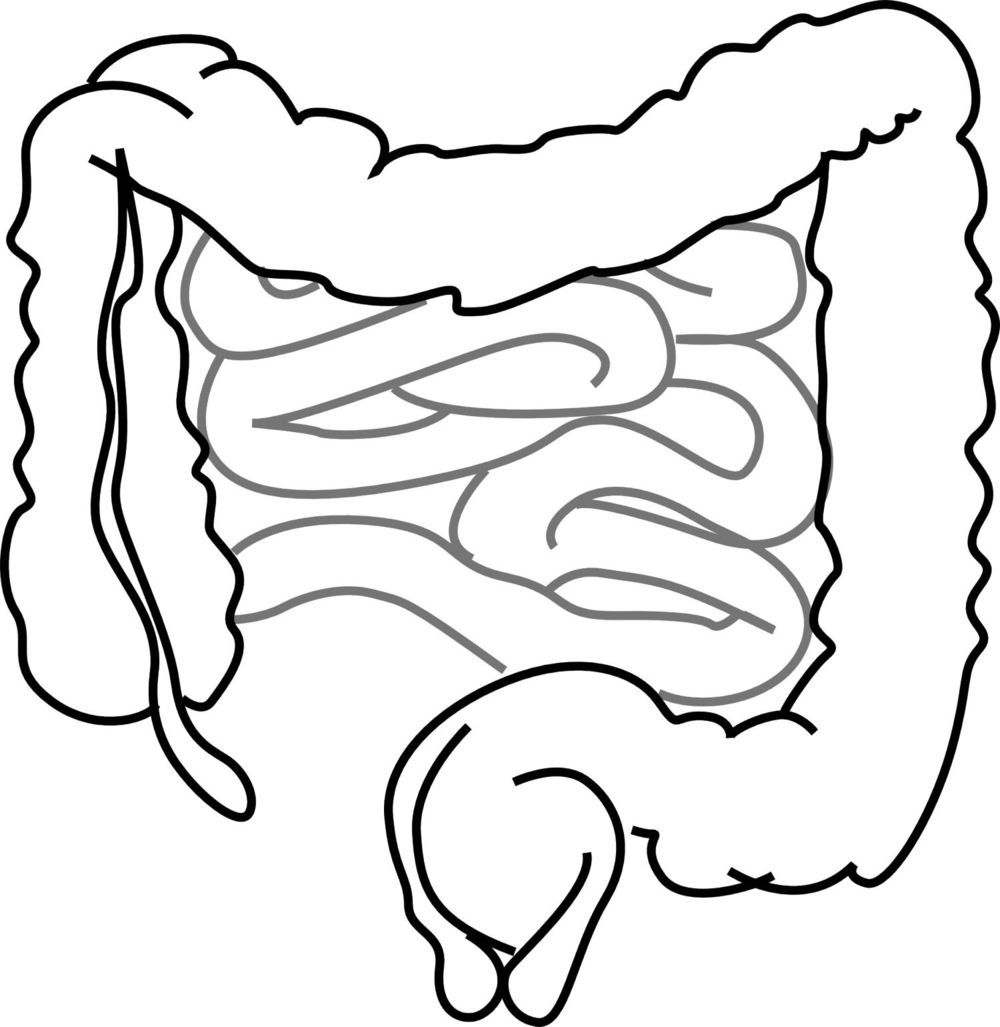In a new study, scientists observed several simultaneous reactions in mice given a common chemotherapy drug: Their gut bacteria and tissue changed, their blood and brains showed signs of inflammation, and their behaviors suggested they were fatigued and cognitively impaired.
The research is the first to show these combined events in the context of chemotherapy, and opens the door to the possibility that regulating gut bacteria could not only calm chemo side effects like nausea and diarrhea, but also potentially lessen the memory and concentration problems many cancer survivors report.
More research is needed to further understand how the chemo-modified gut influences the brain in a way that can have an impact on behavior. The same lab at The Ohio State University is continuing mouse studies to test the relationship and running a parallel clinical trial in breast cancer patients.
